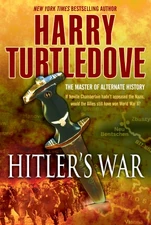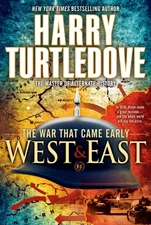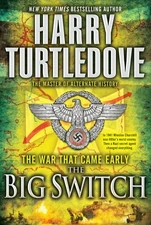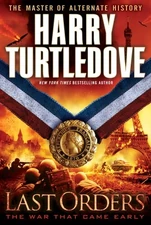| Polish-Soviet War | |||||||||
|---|---|---|---|---|---|---|---|---|---|
|
|||||||||
| Belligerents | |||||||||
Ukraine SFSR Byelorussian SSR Polrewkom Logistical support: | Belarusian PR Supported by: |
||||||||
| Commanders and leaders | |||||||||
The Polish–Soviet War (1919–1921) was an armed conflict with Soviet Russia and Soviet Ukraine pitted against the Second Polish Republic and the Ukrainian People's Republic, four states in post-World War I Europe. The war was the result of the belligerents' desire to expand their territories and their influence over them. Poland, whose statehood had just been re-established by the Treaty of Versailles following the Partitions of Poland in the late 18th century, sought to secure territories it had lost at the time of partitions; the aim of the Soviet states was to control those same territories, which had been part of the Russian Empire until World War I.
Each side saw a reversal of fortunes several times throughout the war. Poland intially gained and held the upper-hand until 1920, when the Red Army had began to push back, forcing the Polish Army to retreat back to Warsaw. Warsaw itself held, however, and by 1921, the Poles were again marching east. The Soviet Union sued for peace, and the disputed territories were equally divided between Poland and the Soviet Union under the terms of the Peace of Riga.
- Note: This article to applies to most of Harry Turtledove's timelines where the point of departure came after 1921. It is germane only to a few of them.
Polish-Soviet War in The War That Came Early[]
The Polish-Soviet War was still a sore point for the Soviet Union. When a large European war broke out in 1938, the USSR went to war with Germany. However, Poland's pro-German stance, coupled with Poland's persecution of Byelorussians within its borders, combined with the "unjust" result of the Polish-Soviet War, gave the Soviet Union what it claimed to be sufficient grounds to launch an invasion of Poland.
References[]
| ||||||||||||||||||||||





